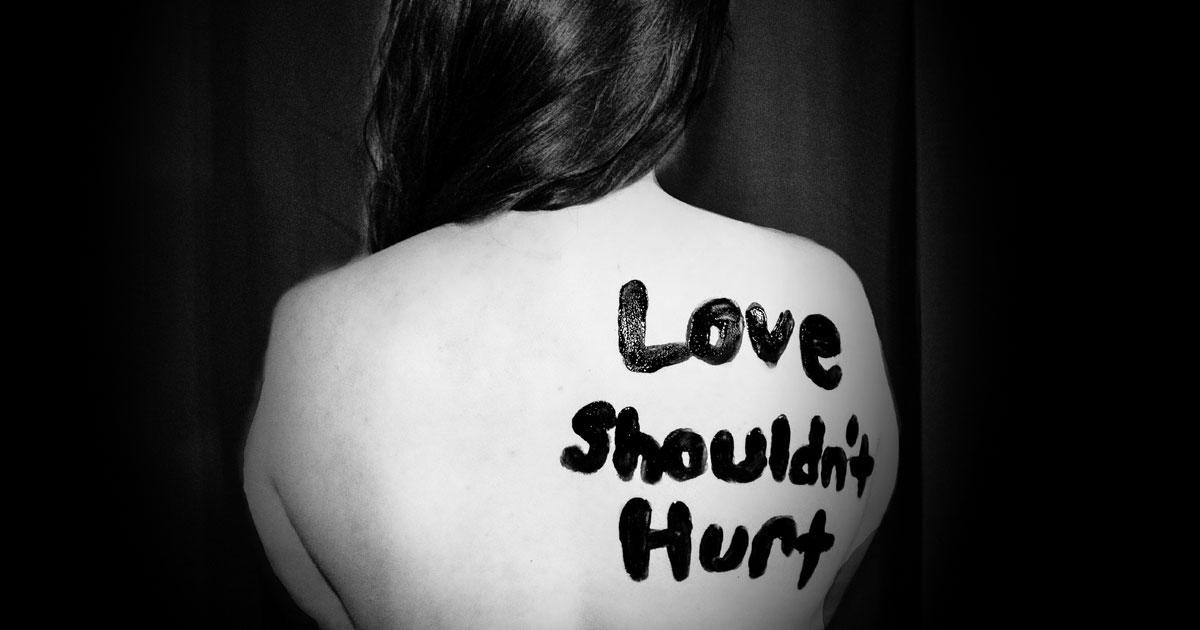
As there is an awakening about head and neck trauma and concussion through sport injuries and in falls, there are a growing number of articles highlighting the link between family and domestic violence and brain injury.
Most recently, Stuff, from New Zealand, published an article, Life-changing brain injuries in domestic violence survivors going unrecognised, which pointed to international studies showing three-quarters of domestic violence victims suffer brain injuries from the violent acts of their abusers.
But as is sometimes the case, this overseas publication pointed us back to research conducted into the issue in Australia, in particular, The Prevalence Of Acquired Brain Injury Among Victims And Perpetrators Of Family Violence, commissioned by the Victorian Government and produced by a consortium led by Brain Injury Australia.
It is sobering to note the following, from the study’s summary:
This is the first evidence-based study of acquired brain injury and family violence in Australia. Completed in five months from July to December 2017, this research project identifies a strong association between brain injury and family violence, and significant gaps in service responses, ranging from lack of screening for brain injury through to inadequate opportunities for effective rehabilitation, recovery and support.
And therefore I’m shining my spotlight on the topic now.
It is one thing for a practitioner like me to be aware of this issue when going through patient histories, but it would be beneficial if all related services understood the significance of domestic violence and brain injury. This is because when victims of domestic violence (children or adults) suffer brain injury, their capacity for change, recovery, and future wellbeing, is truly hampered. This results in great personal and community cost.
When you reflect on these figures, even the most conservative figures of one-third of domestic violence victims suffering at least one brain injury (as espoused by Dr Eve Valera, an associate professor at Harvard Medical School who has researched this for more than two decades), the article in Stuff is able to put this into perspective through numbers:
With almost one in three women in New Zealand experiencing physical violence from an intimate partner in her lifetime – the highest rate of intimate partner violence against women in the OECD – one in nine women could be expected to sustain a brain injury related to domestic violence. That’s about 200,000 women.
That’s a lot of women within New Zealand’s population, so just imagine what the background number is here in Australia, where we also have high numbers of violence against women.
As a neuro-vestibular physiotherapist working in Adelaide, research like this continues to inform my practice but I’m writing this article to raise awareness more broadly. If you’ve survived family or domestic violence, or know somebody who has, my advice is to look for symptoms of brain injury, no matter how long ago the incident occurred.
In the ABC News article, Domestic violence survivors are the hidden victims of brain injury, and COVID has made it worse, Katrina Dee, director of the Women’s Safety and Wellbeing Division SA, notes that while our Women’s and Children’s Hospital Network in South Australia routinely screens women for head and neck injuries as part of its domestic violence healthcare response, she’d agree with the advice to seek medical help now instead of relying on the “pot luck” of a health practitioner noting symptoms during other health care activity.
She says any woman or any person who has been in a domestic violence or sexual assault is encouraged to seek some medical help in relation to that, even if it was some time ago.
But what symptoms might be related? Let’s reflect on that.
Symptoms that might signal domestic violence and brain injury links
Some of the symptoms highlighted in the articles, above, include a list that overlaps with many of the symptoms that bring people to the Dizziness & Balance Disorders Centre.
They include:
- Extreme fatigue
- Nausea
- Vision and hearing problems
- Poor concentration
- Anxiety
- Depression
- Dizziness and/or vertigo
- Unsteadiness and/or falls
- Increased sensitivity to light and sound
- A sense of swelling in the brain
- Trouble walking
- Loss of memory
In the ABC story, Brain Injury Australia executive officer Nick Rushworth calls for brain injuries in domestic violence contexts to be treated in a similar way to head injuries in professional sport; a topic we have covered many times, including this article, Sport concussion awareness is growing: We are making a difference.
Sentiments in our article have been echoed by Mr Rushworth who says domestic and family violence victims should have the same standard of care as elite sportspeople who are not allowed to return to training until all concussion symptoms have resolved.
Of course, as he notes, “women who sustain a brain injury from domestic and family violence simply often don’t have the luxury of choosing when to return home.”
I heartily endorse the recommendations contained in the Brain Injury Australia report, albeit I would add a national focus such that the Australian government is encouraged to:
- Develop and distribute information resources on brain injury, aimed at both victims and perpetrators of family violence, as well as the integrated family violence system
- Adds screening questions for brain injury to family violence risk assessments, including the Multi-Agency Risk Assessment and Management Framework (MARAM)
- Pilots an integrated brain injury and family violence service to support diagnosis, rehabilitation, and harm reduction, in conjunction with complementary government initiatives (for example, the Support and Safety Hubs)
- Develops (where they do not exist) and maps services and supports for all people with a brain injury at increased risk of perpetrating or becoming a victim of family violence due to their disability, as well as for people with a brain injury resulting from family violence
I hope you have found this article helpful, and I encourage you to share it among your friends and family.
